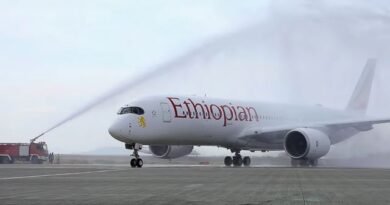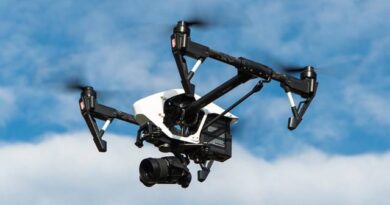AIM – Briefing Officers
Although they are not so well-known, aeronautical information management (AIM) personnel play a huge role in ensuring the information flow that is necessary to keep flights safe, efficient and regular in civil aviation. In this blog post we are going to discuss these personnel (AIM Officer) and learn about the nature of the work that they do.
What Is Aeronautical Information Management (AIM)?
When it comes to flying an aircraft safely, effectively and in a regular manner, information is key. As the aviation industry keeps growing, this vital role of information becomes even more important.
Therefore, we need to keep the necessary info about flights flowing between all parties in a quick way. This is exactly where aeronautical information management, or AIM in short, comes into play. AIM is basically the service that ensures that flow of information in civil aviation. Also, this area is known as aeronautical information service (AIS) as well.
Transition From AIS To AIM
Today there is a transition going on from aeronautical information service to aeronautical information management. This is mainly because, as an information management method, AIS is struggling to keep up with the needs and developments of today’s world.
Now the industry is finding it necessary to make information flow more modernized and fast. Therefore the new methods of AIM are slowly becoming the new norm in the industry. International Civil Aviation Organization (ICAO) is one of the initiators of this change that carry this process forward.
Who Are AIM Officers Or Briefing Officers And What Do They Do?
Basically AIM – briefing officers are responsible for keeping the aeronautical information management system running by gathering all the info necessary and putting this info to work. In order to ensure the safety of flights as well as their efficiency, pilots and aircraft operators need accurate information. AIM officers bring together the data and information that pilots and aircraft operators need from reliable sources. Then they publish this data and info through appropriate sources to make their use possible.
The gathering and publication of this information is done according to ICAO Annex 15. Since inaccurate information can be catastrophic in aviation, it is important for AIM – briefing officers to follow the guidelines carefully and avoid publishing false information. In short, AIM officers gather, edit and publish the information and data that pilots and aircraft operators require in order to operate their aircraft safely and effectively.
Importance Of AIM – Briefing Officers
While you may only be aware the work of pilots and flight attendants in aviation, there is a lot more personnel behind each flight. These personnel work behind the scenes to make flights possible. AIM – briefing officers are among these personnel who work this way to make aviation safer, more effective and better organized.
Skills Needed To Become An AIM – Briefing Officer
As we have mentioned before gathering and publishing accurate information is crucial for flight safety and more. Therefore AIM – briefing officers are expected to be able to manage data properly and publish them in a timely manner. Moreover, qualities such as being proactive, diligent and detail-oriented may prove useful as well.
Resources
Eurocontrol Editor (n.d.), Aeronautical information management, Eurocontrol, Retrieved 10 February 2022
< https://www.eurocontrol.int/concept/aeronautical-information-management >
DGCA Editor (n.d.), AIM Officer, DGCA, Retrieved 10 February 2022
< https://web.shgm.gov.tr/en/personali-licences-and-training/4143-aim-officer >
Anon. (n.d.), Aeronautical Information Service, Wikipedia, Retrieved 10 February 2022
< https://en.wikipedia.org/wiki/Aeronautical_Information_Service >
For more Articles click.


